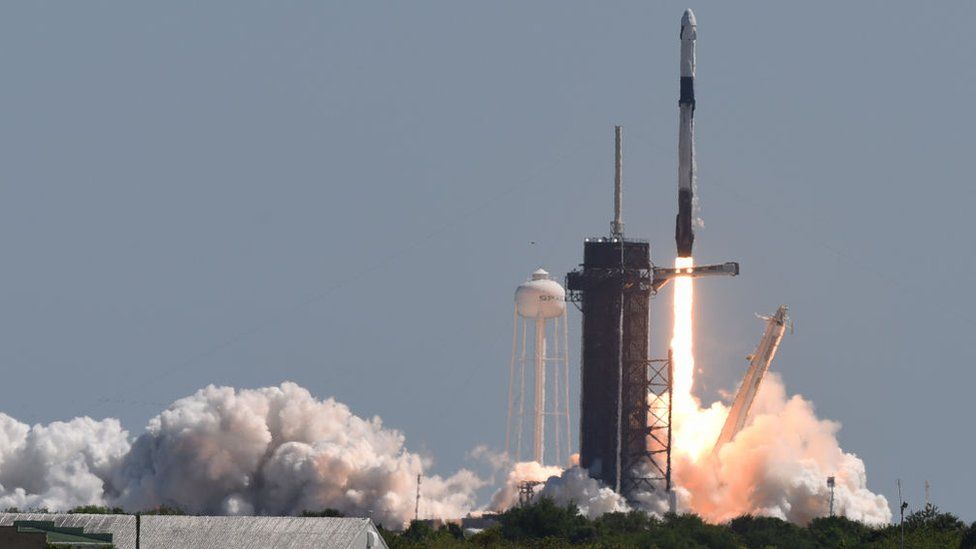-

-
-
Loading

Loading

According to Nasa chief Bill Nelson, the United States is in a race with China to return to the moon. In an interview with the BBC, Nelson emphasized the importance of being the first to reach the moon. Unlike during the space race between the US and the Soviet Union in the 1960s and 1970s, Nasa is now relying on private companies to carry out much of the work. Nelson believes this partnership is crucial as it allows for the sharing of costs and the utilization of the private sector's creativity. He specifically mentions Elon Musk's SpaceX, which has been awarded a multi-billion dollar contract to build a lunar lander and has developed the most powerful rocket ever built. Other private companies, such as Blue Origin, owned by Jeff Bezos, are also benefiting from government funding for moon landings. The US is investing heavily in its space program, partly to keep ahead of China, which has its own space station and has already brought back moon samples. Nelson expresses concern that if China discovers water on the moon's south pole, they may claim it as their own territory. He points to China's actions in the South China Sea as supporting evidence for this concern. Furthermore, China has not joined the US-led Artemis Accords, which outline best practices for space exploration. Nelson believes this rivalry is driving significant investment in Nasa, with its spending increasing by 10.7% in 2021, amounting to $71.2 billion for the US economy. This spending extends beyond big companies like SpaceX, with a quarter of the budget going to small businesses. This government spending can accelerate the growth of start-ups, as it often acts as the first customer, enabling them to raise further investment. The article also highlights the growth of the space industry beyond moon missions, with thousands of satellites orbiting the Earth and new uses for satellite data emerging in industries such as agriculture, insurance, and maritime. Private companies like RocketLab are becoming major players in the space economy, completing launches for clients including Nasa and the US government. The potential for financial opportunities in space is significant, with estimates suggesting the global space industry could be worth over $1 trillion annually by 2040. However, there are challenges to overcome, such as the economic viability of moon mining. Nelson sees potential in medical research and manufacturing fiber optics in zero gravity. Ultimately, there is expected to be a significant increase in business activity in low Earth orbit.